Brenna Matendere
Information for Development Trust (IDT) has just conducted a two-day training workshop meant to enhance the capacity and motivation of young investigative journalists to produce gender inclusive content.
The IDT is a non-profit organisation supporting Zimbabwean and Southern African journalists to report on public-private sector accountability and also convenes citizen dialogues on governance in both rural and urban areas, in addition to conducting research.
The organisation—with funding from Fojo Media Institute and the International Media Support (IMS)—is currently implementing a reporting project that seeks to groom young journalists.
It is working with 10 reporters below 35, half of who are female journalists.
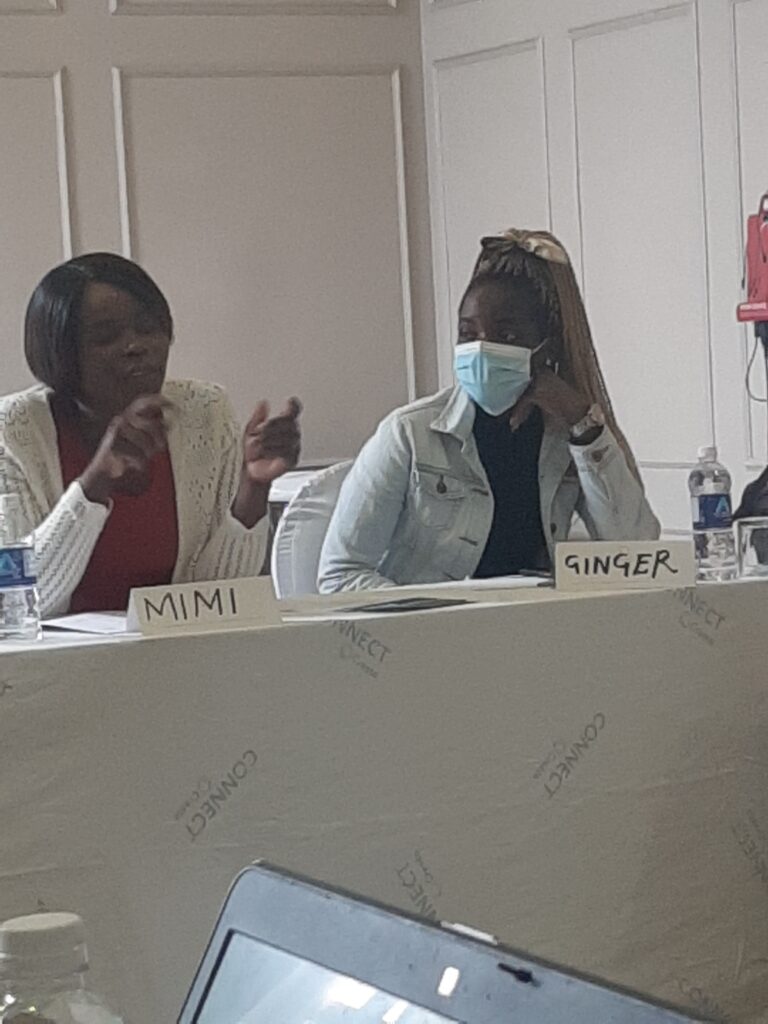
In the latest workshop, a Midlands State University (MSU) lecturer and gender expert, Modester Ngwerume, took the trainees through the concept of gender, the best approaches to mainstream gender, and factors constraining gender inclusivity in general.
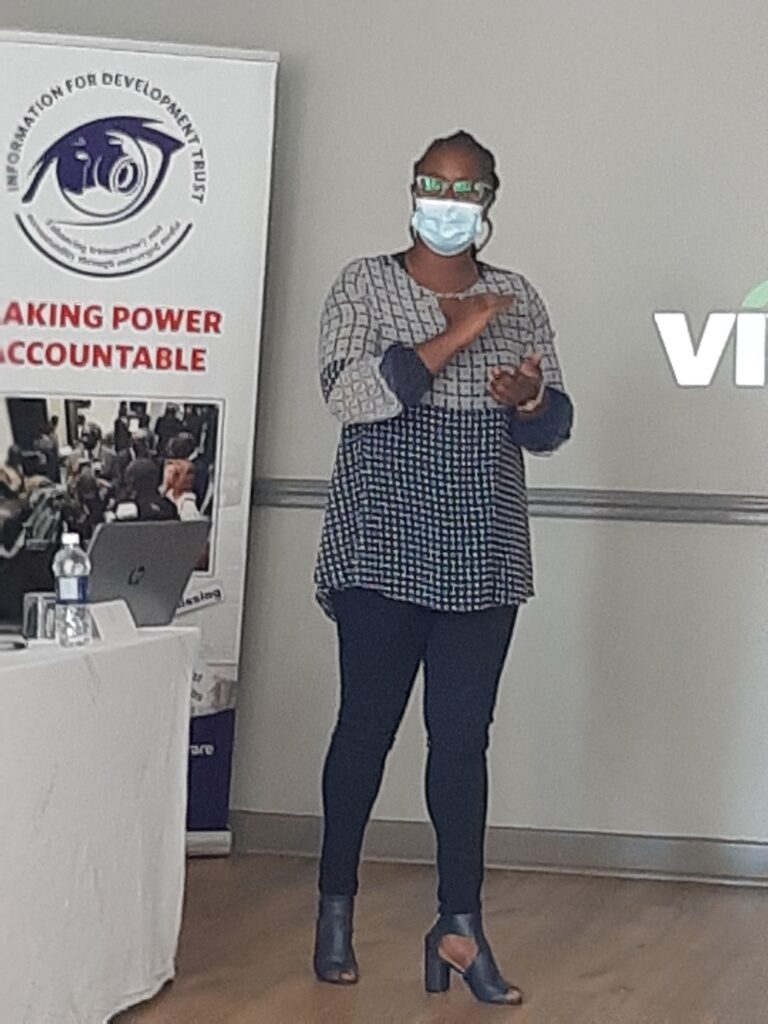
During the training, the journalists were able to identify some factors that constrain gender parity at the workplace, among them patriarchy and matriarchy and the rigid social constructs associated with the two.
Ngwerume urged the media to deconstruct social and professional beliefs that marginalised women. “The media has a role to correct gender disparities.”
The MSU lecturer said greater inclusion of women in all aspects of life would promote equity and development.
Abigail Gamanya, the Gender and Media Connect (GMC) director, described as “serious”, gender disparities in Zimbabwe’s mainstream media, with female journalists mainly being the victims of this exclusion.
She recommended that more women must take decision-making positions in the newsroom as an affirmative way to [promote greater inclusivity.
She expressed concern that female journalists, particularly interns, were being sexually victimised by their male counterparts.
“Currently, there are more male journalists that are involved in investigative journalism than women. This must be addressed. Fear is also a constraint for female media practitioners and, again, ways must be found to address this negative factor,” she said.
Gamanya urged investigative journalists to include voices of women from minority groups in their stories so as to achieve gender parity.
She also called upon investigative journalism centres to embark on “serious mentorship” of journalists in newsrooms so that they can produce stories that are gender sensitive.
“There is need to re-evaluate journalism courses at colleges because the graduates that are being produced by these institutions are of a poor standard,” said Gamanya.
The IDT investigative journalism projects are emphasising the need to adopt multi-media methods in content production.
To that end, every story proposal that the organisation approves must demonstrate that the reporter will used multi-media methods, in addition to promoting gender inclusivity.
These methods include graphics, infographics, audios, short videos and pictures.
This, according to Tawanda Majoni, the IDT national coordinator, is meant to ensure that: “IJ (Investigative Journalism) moves with the times, is responsive to the fast-changing news management trends and enhances impact.”
Recently, IDT also organised another two-day training seminar for the young journalists to capacitate them in using modern story-telling techniques.
The training was also supported by IMS and Fojo and took place in Harare.
“Gone are the days when a journalist would go out with a photographer and come back to the newsroom to focus on writing their story alone. These days, journalists need to be multi-skilled,” said Majoni at the previous training seminar.
“Investigative journalism is a science and journalists must embrace the new multi-media methods of telling a story. Voices of both men and women must be clear in the investigative stories that would be produced,” said Majoni.
He also taught the journalists on the essential components of a story pitch while Faith Zaba, the Zimbabwe Independent editor and a mentor under this project, took the trainees through the basics of investigative journalism and the use of multi-media methods.
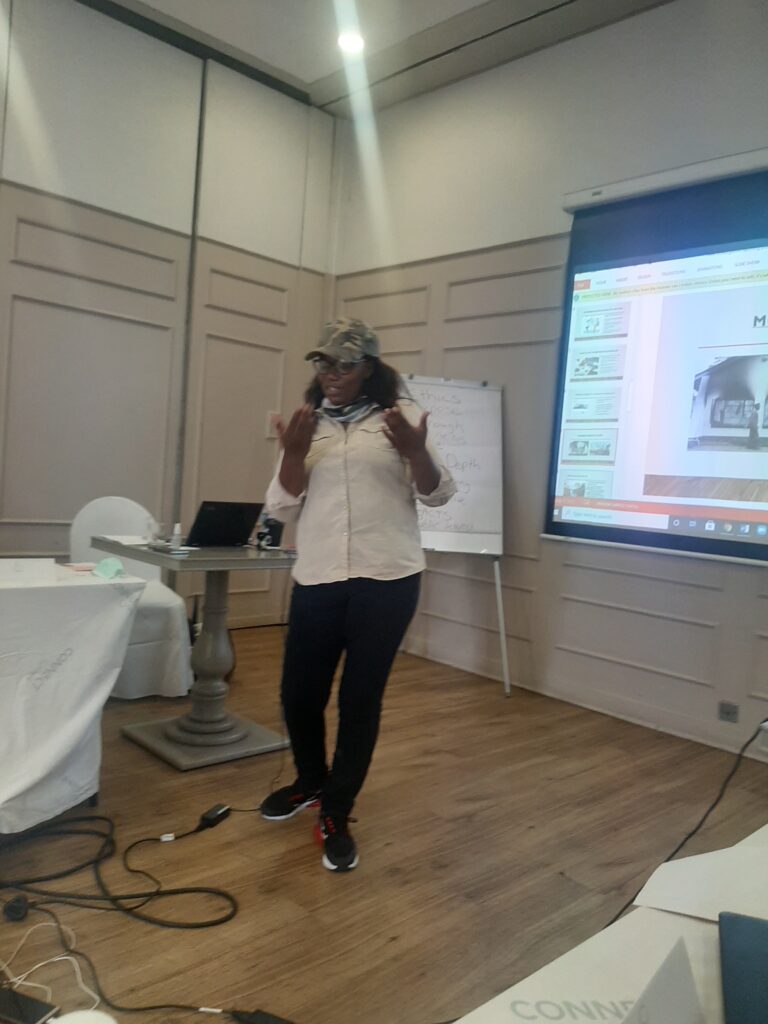
Nqaba Matshazi, a senior media consultant led a practical session focusing using graphics in investigating reporting.
He said it was “possible to tell a story without words”.
He singled out some of the graphical tools that can be used in telling a story such as Data GIF Maker, Google Flourish, timelines and Canva among others.
After the training, journalists said the workshop had great impact and would go a long way in improving their investigative reporting.
This year, IDT also trained local and regional journalists on reporting on foreign investments and producing verified, fact-checked investigative content relating to Chinese interests in Zimbabwe, respectively. The workshops were supported by the US Bureau of Democracy, Human Rights and Labour (DRL) as well as the Africa China Reporting Projects (ACRP).
The organisation also trained journalists on gender and IJ with support from the National Endowment for Democracy (NED).


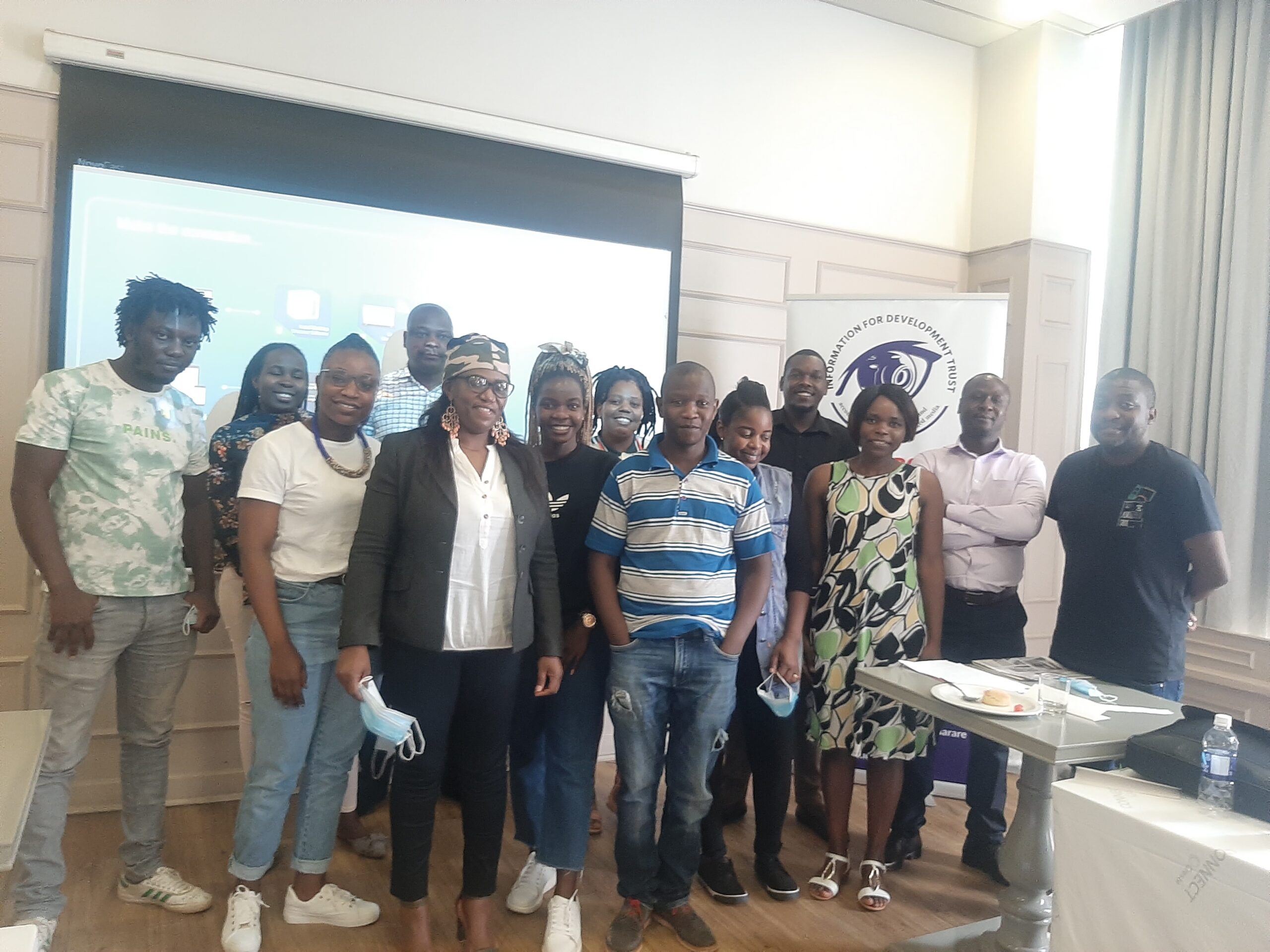
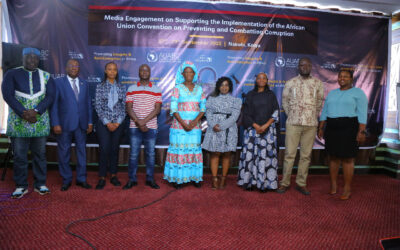




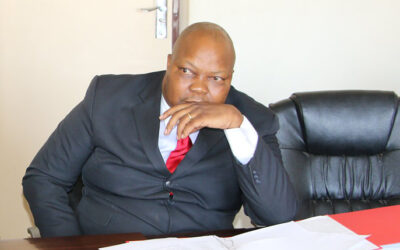

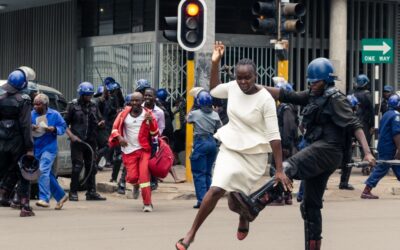
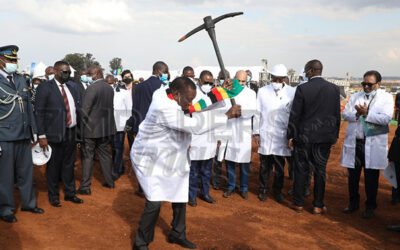





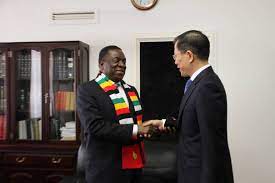








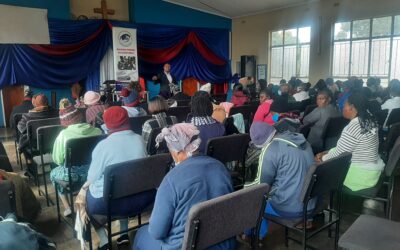





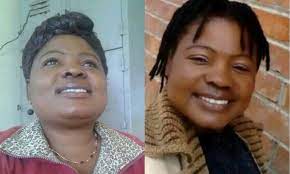








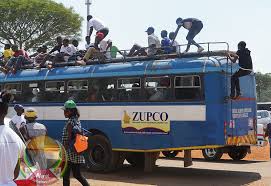
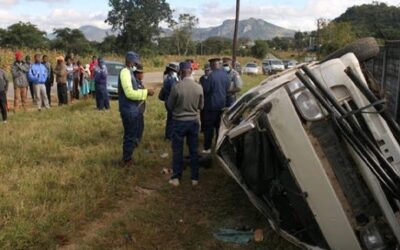
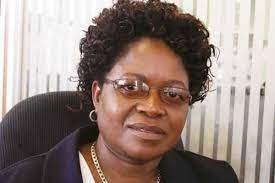


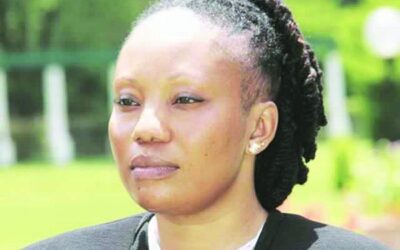




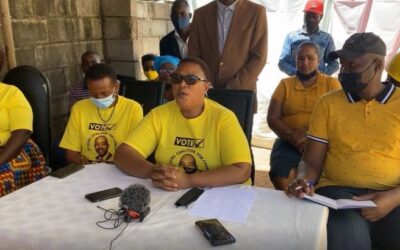
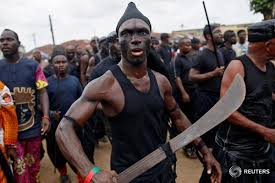





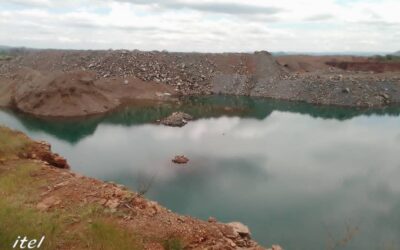
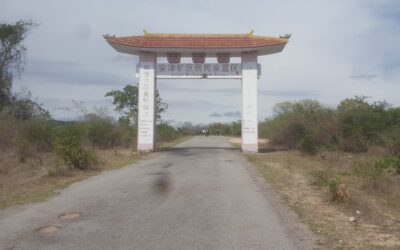
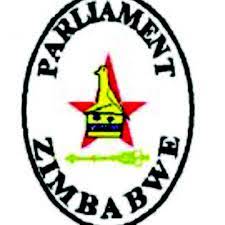




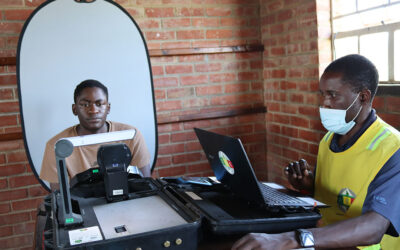










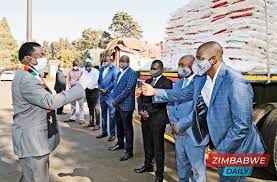


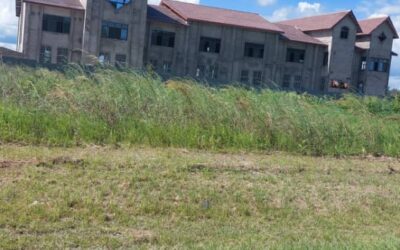
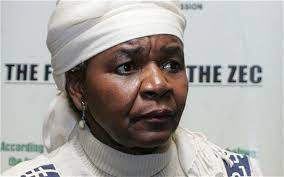




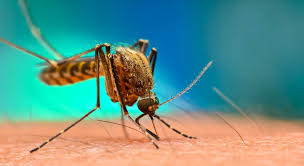




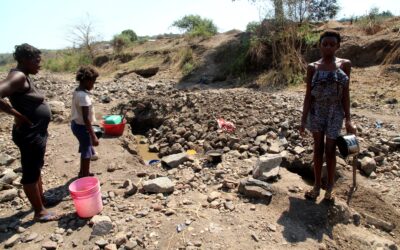

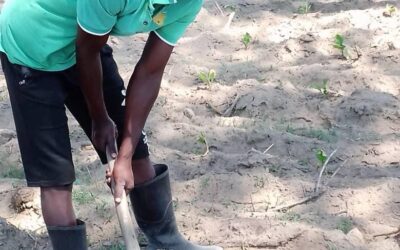



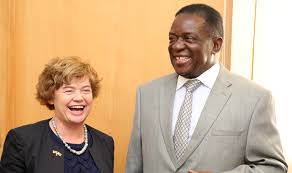
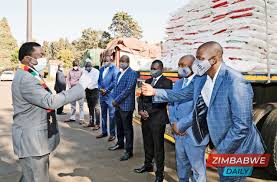




0 Comments